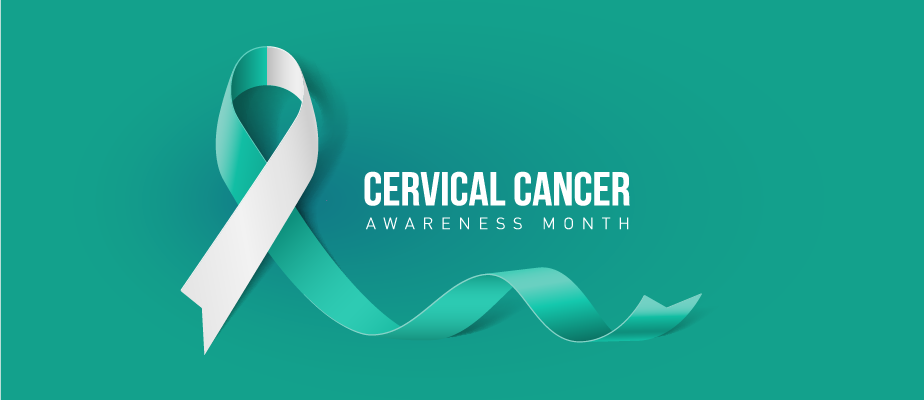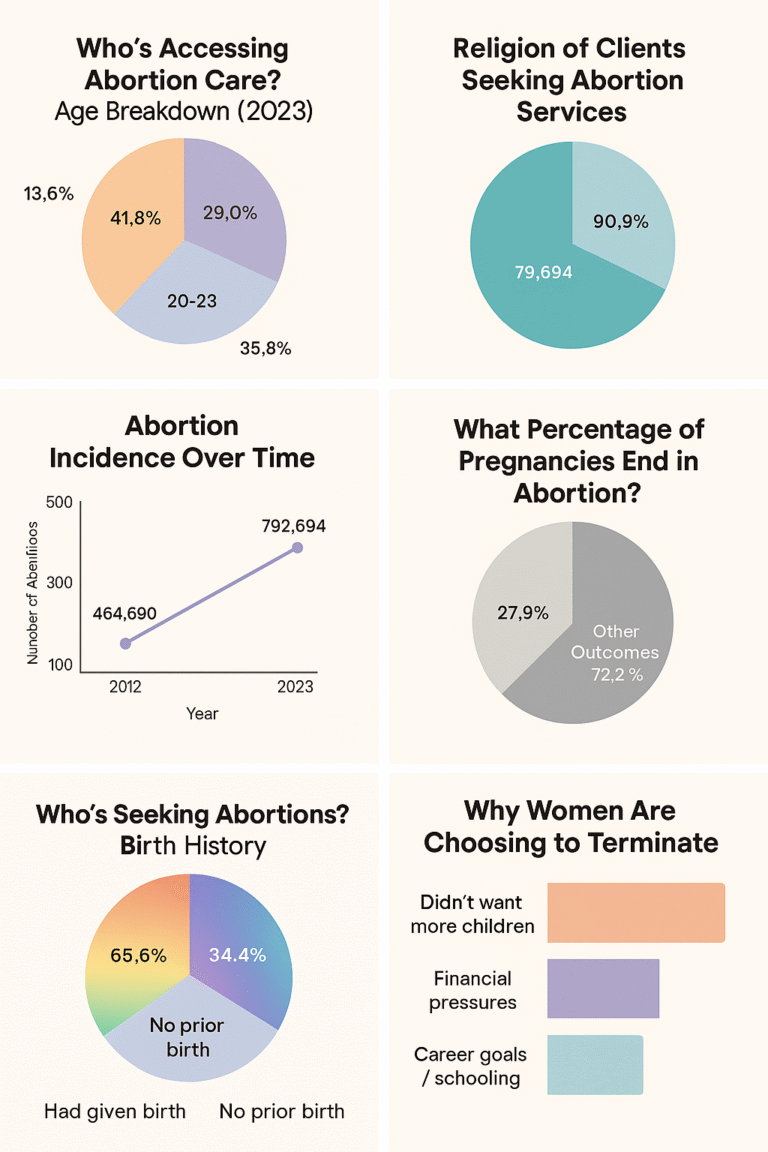Cervical Cancer Awareness
Cervical cancer is a type of cancer that occurs in the cells of the cervix — the lower part of the uterus that connects to the vagina.
Various strains of the human papillomavirus (HPV), a sexually transmitted infection, play a role in causing most cervical cancer.
All women are at risk for cervical cancer. It occurs most often in women over age 30. Long-lasting infection with certain types of human papillomavirus (HPV) is the main cause of cervical cancer. HPV is a common virus that is passed from one person to another during sex. At least half of sexually active people will have HPV at some point in their lives, but few women will get cervical cancer.
Almost all cervical cancers are caused by human papillomavirus (HPV), a common virus that can be passed from one person to another during sex. There are many types of HPV. Some HPV types can cause changes on a woman’s cervix that can lead to cervical cancer over time, while other types can cause genital or skin warts.
HPV is so common that most people get it at some time in their lives. HPV usually causes no symptoms so you can’t tell that you have it. For most women, HPV will go away on its own; however, if it does not, there is a chance that over time it may cause cervical cancer.
Other things can increase your risk of cervical cancer—
- Having HIV(the virus that causes AIDS) or another condition that makes it hard for your body to fight off health problems.
- Using birth control pills for a long time (five or more years).
- Having given birth to three or more children.
- Having several sexual partners.
Reducing cervical cancer risks
- Screening Tests
Two screening tests can help prevent cervical cancer or find it early—
The Pap test (or Pap smear) looks for precancers, cell changes on the cervix that might become cervical cancer if they are not treated appropriately.
The HPV test looks for the virus (human papillomavirus) that can cause these cell changes.
- HPV Vaccine
The HPV vaccine protects against the types of HPV that most often cause cervical, vaginal, and vulvar cancers. It is recommended for preteens (both boys and girls) aged 11 to 12 years, but can be given as early as age 9 and until age 26. The vaccine is given in a series of either two or three shots, depending on age.
It is important to note that women who are vaccinated against HPV still need to have regular tests to screen for cervical cancer.
More Steps to Help Prevent Cervical Cancer
- Don’t smoke.
- Use condoms during sex.*
- Limit your number of sexual partners.
*HPV infection can occur in both male and female genital areas that are covered or protected by a latex condom, as well as in areas that are not covered. While the effect of condoms in preventing HPV infection is unknown, condom use has been associated with a lower rate of cervical cancer.



